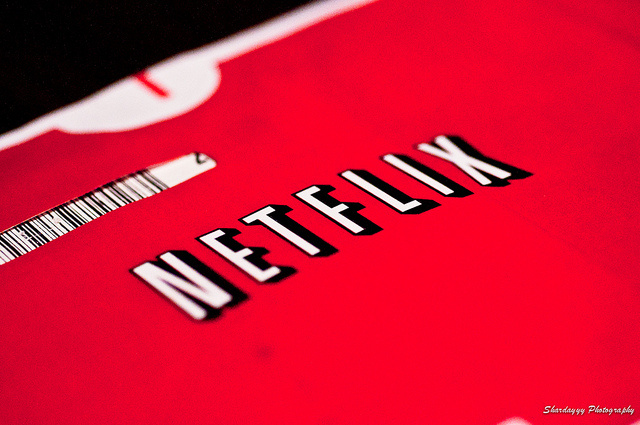
A long-running patent battle between Netflix and Rovi has concluded, with Netflix beating back the entertainment guide company.
Rovi provides digital entertainment guides to cable companies and others and has long used its patents to enforce its dominant position in the market. That strategy has come in for criticism, with Rovi's patents being viewed as covering the basic idea of an electronic TV Guide. That was especially true when Rovi used its patents to go after Internet companies that wanted to make their own guides and not take Rovi content, like Hulu and Amazon.
In an order published yesterday, US District Judge Phyllis Hamilton invalidated (PDF) five of Rovi's patents. One of Rovi's patents was on "categorizing shows using combination categories." Such combination categories could include things as simple as "sports dramas" or "romantic comedies," as well as the long Netflix-ian categories we're becoming used to in the Internet age, like Hamilton's example of "critically-acclaimed foreign animated movies featuring strong female leads and set in the 1950s."Hamilton found that Rovi was seeking to outright patent the use of such combinations, with no "meaningful limitations" on its claim—just naming generic computer components like a "processor" and "receiver."
Another Rovi patent was on "selectable categories," a way of filtering search results—that, too, is an abstract idea, Hamilton found, nothing more than "reorganization of data using categories."
Two patents dealt with user viewing histories. Rovi lawyers dressed the patent up in fancy language, telling the judge the patent was limited to a "unique program guide-program server architecture integral to the claimed invention," but those patents also were invalidated. "The human mind is certainly capable of distinguishing between watched and unwatched programs, and making recommendations based on a user's viewing history," noted Hamilton.
The final patent covered bookmarking across devices, which Rovi claimed was novel at the time of invention. "A novel abstract idea is still an abstract idea," wrote Hamilton.
Amazon took Rovi's case to the finish and won last year at an appeals court. Hulu ultimately settled.
Netflix won its case under Section 101 of the patent laws, which bans patents that are abstract, including mental processes and generic concepts. This is Netflix's second time beating Rovi's patents.
"We are gratified by the Court’s judgment, which confirmed that Rovi’s patents are so broad and abstract as to be invalid," a Netflix spokesperson said in a statement to Ars.
"We are disappointed in, and strongly disagree with, the Court’s decision finding the five patents invalid and plan to appeal that decision," said Rovi's chief of IP Samir Armaly in a statement to investors.
The statement goes on to boast about Rovi's successes during the claim construction phase of the litigation—"wins" that seem quite irrelevant in light of Hamilton's blasting all five patents yesterday.
Armaly pointed out that the legal dispute began in 2011, well before the Supreme Court's decision in Alice Corp v. CLS Bank. That's true, but it's hard to see how that's a good thing for Rovi.
More than anything, the Rovi case shows that the same patents used by patent trolls can be used with devastating impact by large operating companies. Before Netflix stood up to it, Rovi was striking licensing deals with lots of big companies, including Google, Facebook, Apple, AT&T, Comcast, Samsung, and Sony, as well as TV companies like Comcast and DirecTV.
To be sure, many of those deals included content and tech transfer and may have been done on an amicable basis. But other companies were sued by Rovi, including Amazon, Hulu, Toshiba, Sharp, and China-based Haier. Amazon, which drew a lawsuit because it purchased IMDB, was sued over a group of patents that pretty much describe a TV guide, but on the Internet.
Hopefully, the "but on the Internet" types of patents are on their way out. But Rovi's Armaly appears to be thinking that with enough persistence, the company's giant investment in patents will still result in some good. His statement suggests more lawsuits are on the way:
"It is... important to remember that only five patents from our portfolio were at issue in this case, and Rovi’s US patent portfolio includes more than 1,500 issued patents and pending applications," Armaly said. "We are committed to enforcing our intellectual property against Netflix until the necessary licenses are in place. As we do so, we will be selecting patents from our diverse patent portfolio with the benefit of having the Alice decision and its reasoning factored into that patent selection.”
reader comments
127